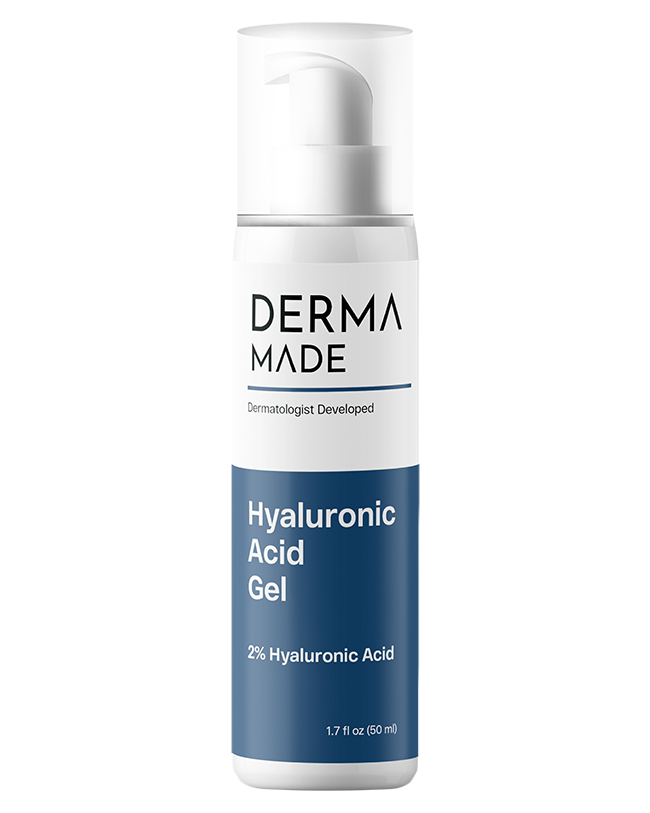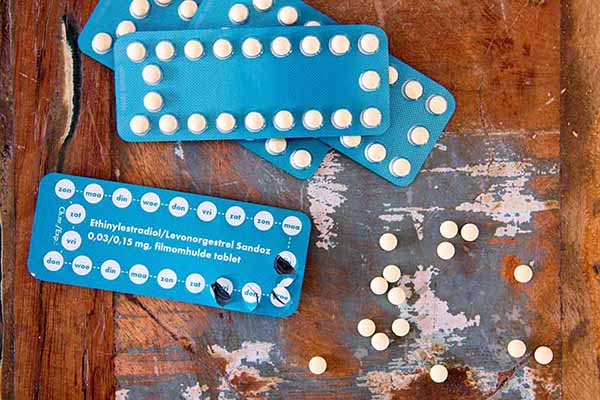Is my skin dry? Or is it dehydrated? How can you tell the difference? And is there really a difference between dry vs dehydrated skin?
Absolutely, there’s a difference. In one case your skin needs oil, in the other it needs water. And by the way, your skin can be both dry and dehydrated. Let’s find out how you can tell the difference between dry vs dehydrated skin, and the best skincare options for each.
Dry Skin Type
Dry skin is a “skin type”, just like oily or combination skin. It’s influenced by genetics. This is how your skin is most of the time. And a caveat – with proper care, you can bring your skin to look and feel normal, so it’s not permanent. But without proper care your skin’s natural default state, or skin type, is what it is – dry, oily, combination, sensitive, or normal.
Dehydrated Skin Condition
Dehydration, on the other hand, is a skin condition, meaning it’s a temporary state of the skin that can, and should, be corrected.
What Exactly is Dry Skin?
If you have had issues with dry skin your whole life, you will know it. Your pores will be very small and hardly noticeable. You likely haven’t struggled with shiny skin or combatting oiliness.
How to Tell If You Have Dry Skin
When dry skin isn’t properly moisturized, lines and wrinkles will be more noticeable, and you will appear to age faster than your oily-skinned friends. Dry skin is also more prone to sensitivity because it lacks the natural oils needed to protect and lubricate it. So, redness and inflammation are a common side effect of neglected dry skin.
Besides small pores and sensitivity, dry skin can appear scaly with white flakes. Plus, it has a higher chance of developing skin conditions like eczema and psoriasis.
How to Take Care Of Dry Skin
So, what should you do to keep your dry skin in order? Since dry skin lacks oil, products that are oil-based are the best option for dry skin. Oil creates a protective barrier for the skin.
Some great choices for facial oils are squalene, rosehip, and jojoba oil.
The key to care for dry skin is to moisturize, moisturize, moisturize. And in this case, moisture means oil, versus hydrate, which means water. Oils seal should be added after your other products. They seal the skin. This will help dry skin retain water that’s inside the skin and protect the outer layer from flaking and irritation.
How is Dehydrated Skin Different From Dry Skin
The main problem with dehydrated skin is that it lacks water. And unlike dry skin, dehydrated skin can still make oil. But when the skin lacks water, it will produce extra oil to keep itself moisturized. That is why dehydrated skin is a big issue for those with oily skin, who are prone to breakouts. Because the oil production goes in overdrive.
But dehydrated skin isn’t limited to just acne-prone skin. Any skin type can develop dehydration. People who live in dry, colder climates can struggle with dehydration during the winter months, with frigid temperatures and furnaces blasting dry, hot air. The skin can also get dehydrated in the summer with the high temperatures
You’ll know you’re experiencing dehydration because your skin will feel tight, products you apply may sting and immediately soak into the skin. Moisturizer becomes your new best friend, and you’ll find yourself slathering it on, and it will still feel like it’s doing nothing. You’ll also notice itchiness, and a dull skin tone.
How to Tell If You Have Dehydrated Skin
Beyond the noticeable symptoms of dehydration, there is a simple test you can try to see if your skin is dehydrated. It’s called the pinch test. Pinch a small amount of skin on your cheek or the back of your hand and hold for a few seconds. If your skin snaps back right away, you’re not dehydrated. If it takes a few seconds to bounce back, you’re dehydrated.
You can also put your finger horizontally in the middle of your cheek and push the skin up. If you see crapiness, it’s a sign of dehydration.
If your skin is dehydrated, it is in need of a big drink of water. So, drink more water, obviously. But also try hydrators, like water-based products with hyaluronic acid, aloe vera, and lactic acid.
Takeaway
It’s important to know the difference between dry vs dehydrated skin so you can properly take care of your skin. Remember to drink more water for proper skin hydration. And to use the right skincare productsBecause the path from the stomach to the skin is much longer. So, take care of your skin from outside in. And you’ll be glowing in no time!







